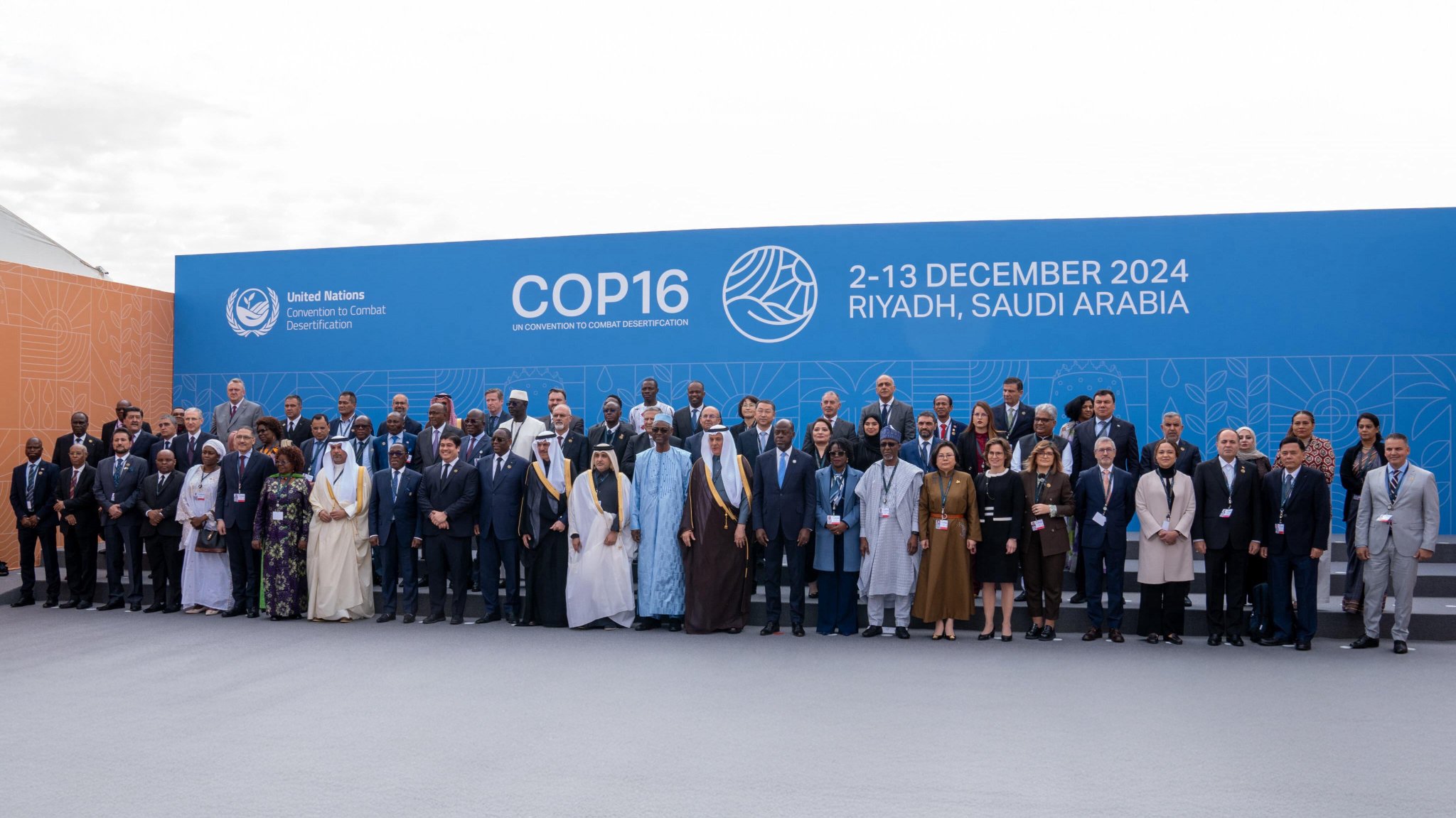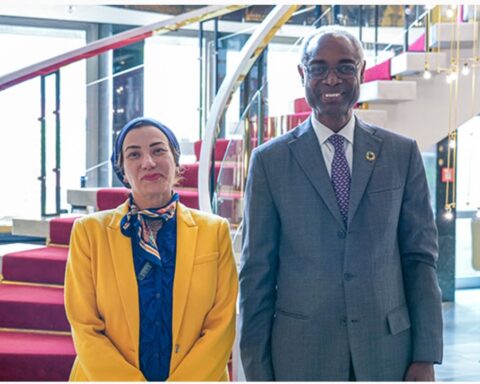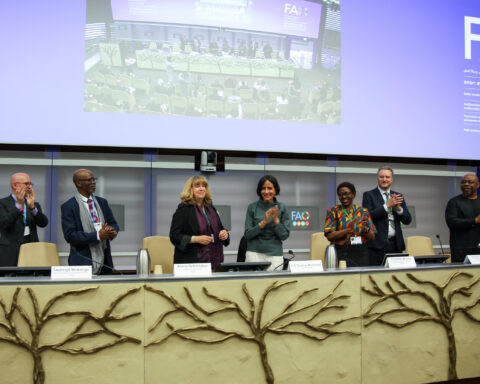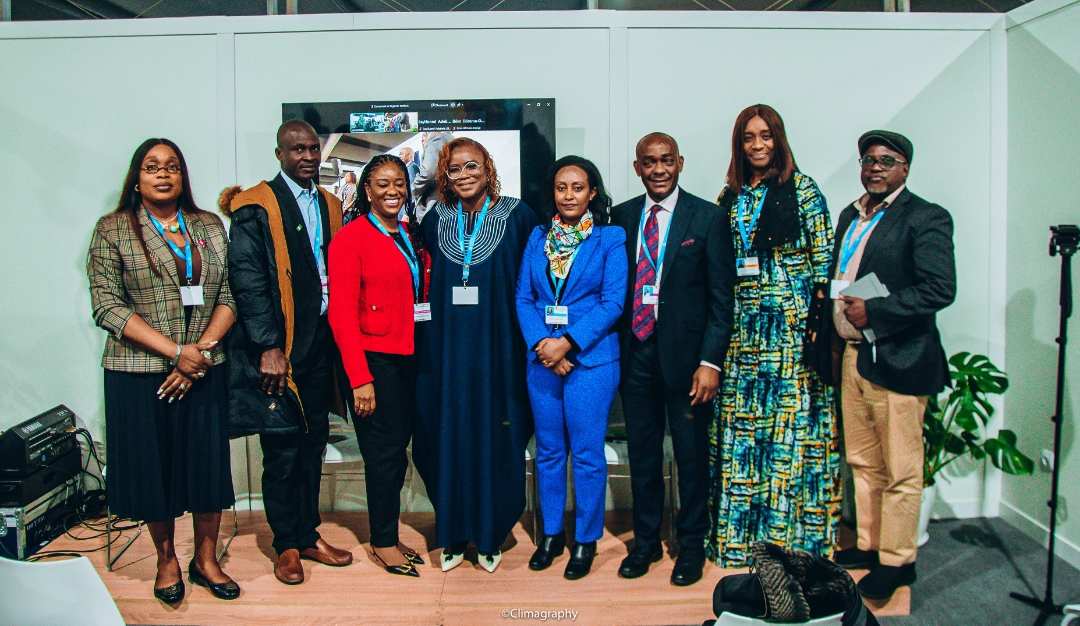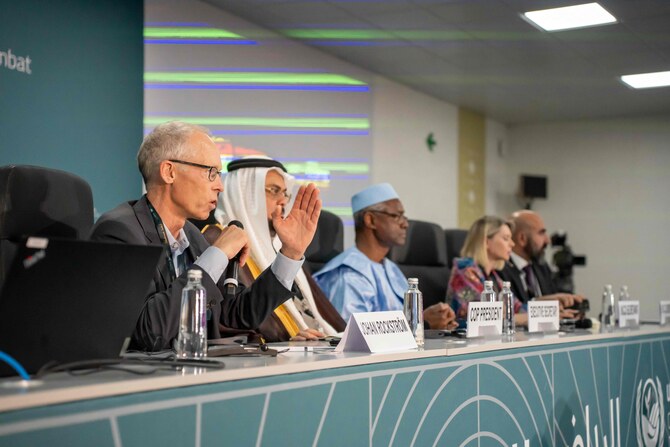The 16th Session of the Conference of the Parties (COP16) to the United Nations Convention to Combat Desertification (UNCCD) commenced in Riyadh, Saudi Arabia, today Monday, December 2, marking a historic milestone as the first UNCCD conference in the Middle East and North Africa (MENA) region.
The conference, which runs until December 13, also introduces the concept of a Green Zone for the first time in its history.
It is touted as the largest multilateral event ever organized by the UNCCD, attracting dignitaries, policymakers, global institutions, businesses, non-governmental organizations, and other stakeholders.
According to the Saudi Press Agency (SPA), the conference aims to foster multilateral action against land degradation, drought, and desertification, which remain critical challenges in arid and semi-arid regions across the world, including Africa.
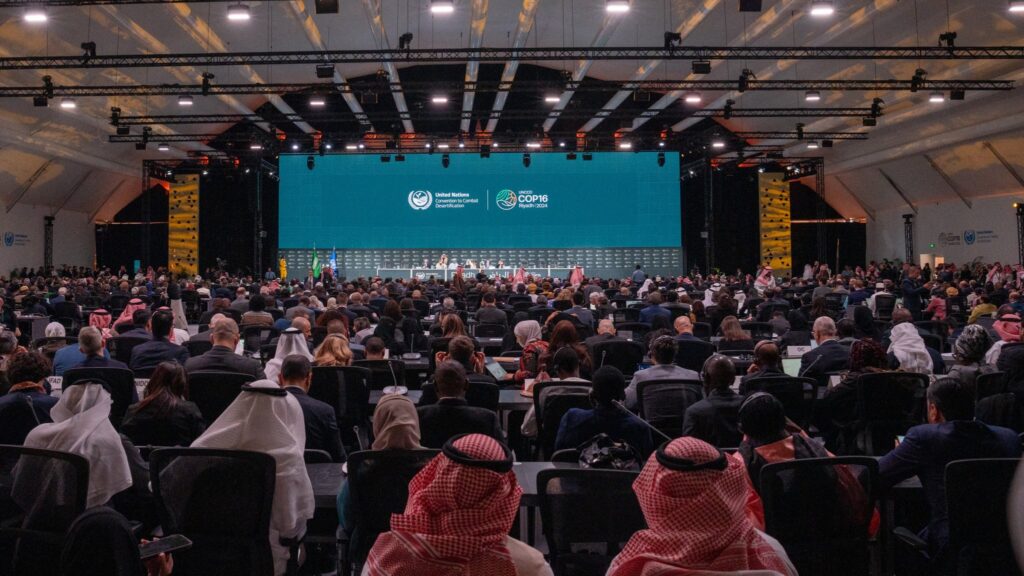
Speaking at the event, Saudi Arabia’s Minister of Environment, Water, and Agriculture, Abdulrahman Al-Fadhli, highlighted the Kingdom’s efforts to combat desertification, including its flagship Saudi Green Initiative.
He reiterated Saudi Arabia’s commitment to increasing renewable energy usage to 50 percent by 2030 while reducing carbon emissions in line with its sustainable development goals.
The 11-day conference will feature forums, ministerial dialogues, and high-profile events addressing critical issues related to land degradation, drought, and climate change.
Prominent stakeholders are expected to announce actionable strategies and partnerships to enhance global efforts in combating desertification and advancing land restoration.
The Riyadh conference builds on decades of UNCCD’s work to mitigate the impact of desertification on vulnerable populations, particularly in regions like sub-Saharan Africa, where climate change has intensified environmental and socio-economic challenges.
Background
The UNCCD was established in 1994 as the sole legally binding international agreement linking environment and development to sustainable land management.
COP16 follows similar conferences, including COP15, held in Abidjan, Côte d’Ivoire, which focused on achieving land degradation neutrality by 2030.
The outcomes of COP16 are expected to chart a path toward enhanced international collaboration and resource mobilization to address land degradation and its adverse effects on ecosystems, food security, and livelihoods.
By Dare Akogun


